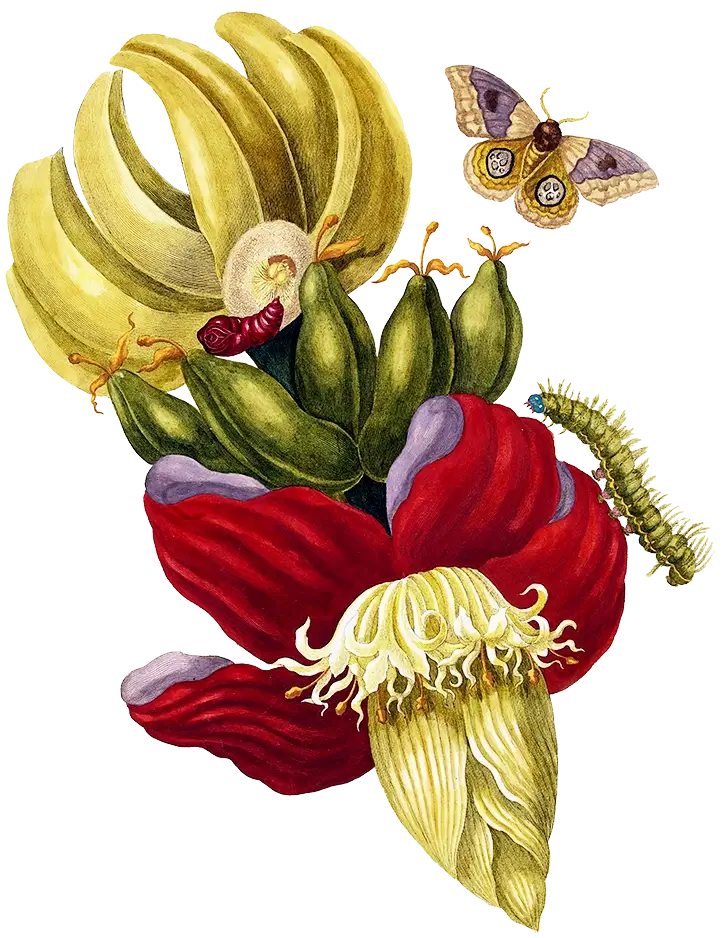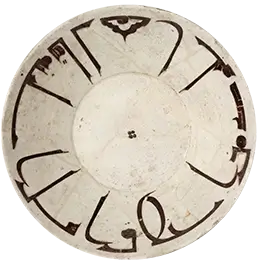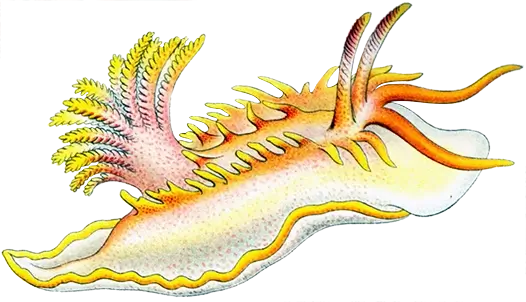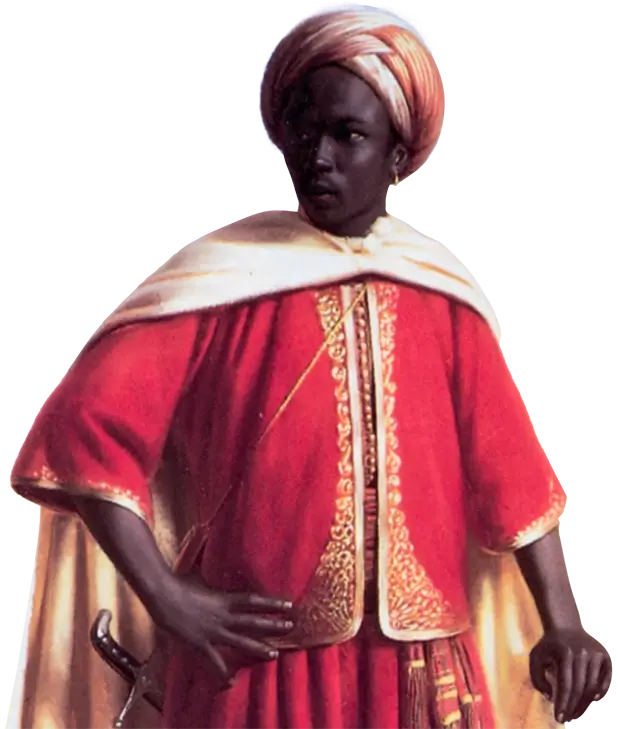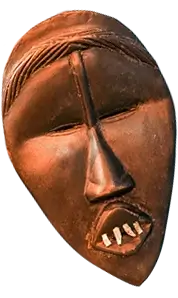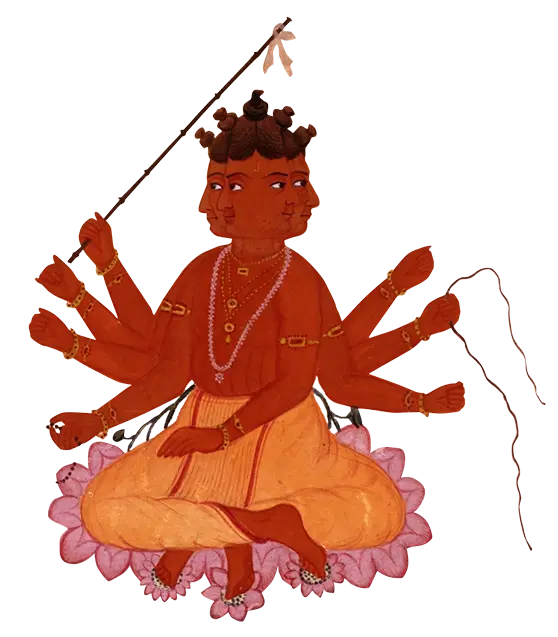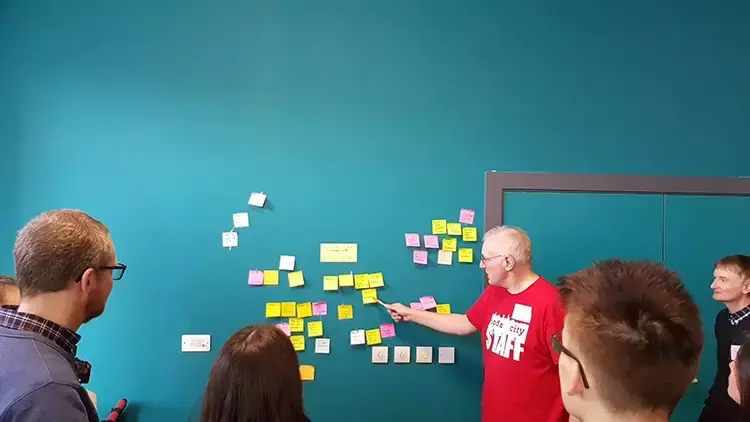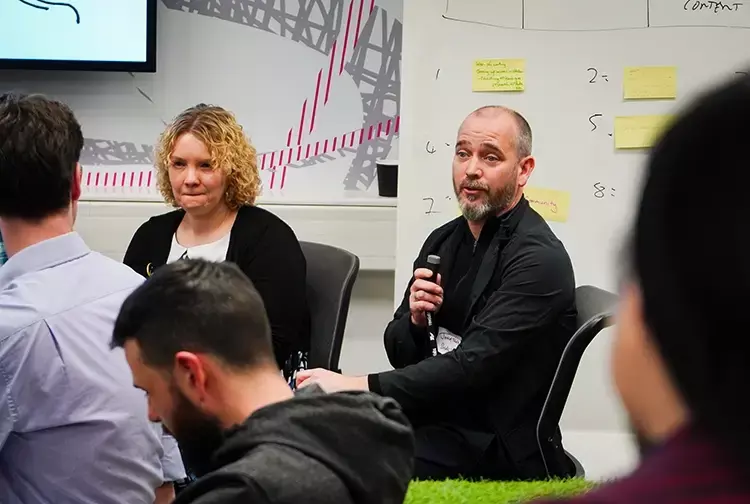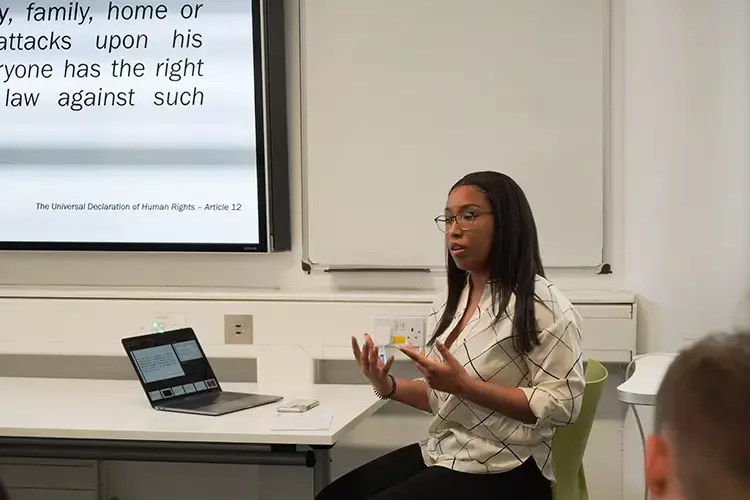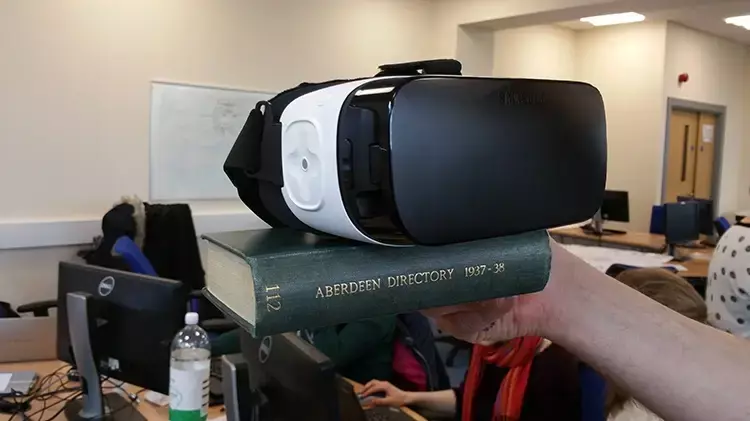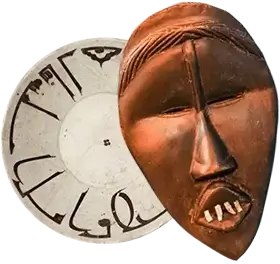The long-term outcome of this aim is that Wikimedia projects reflect the world in all its diversity and are free from systemic bias. This work encompasses projects to unpick global north bias; to shed light on people, communities, languages and events which have been oppressed by the systems devised through colonialism. The driver is that with incomplete or biased information online, we will continue to struggle to create an informed and engaged democratic society.
Crowd sourcing Welsh language data in the Covid era (Arctic Knot Conference 2021)
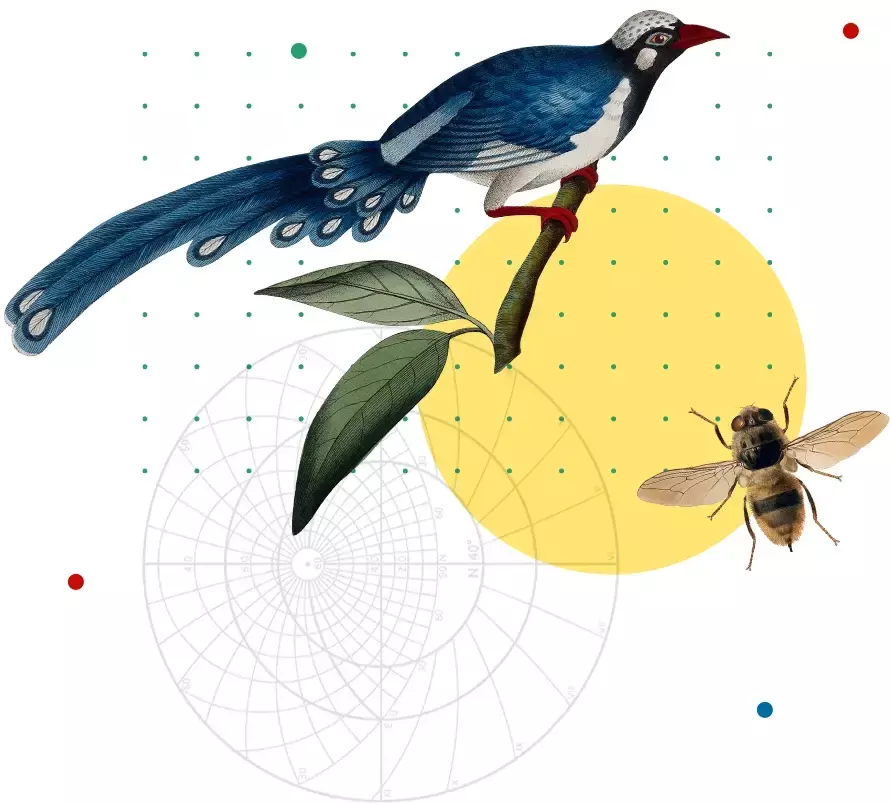

- Creative Common
- Attribution
The idea of TeamLab is to ensure that visitors are immersed in the work itself, a function called "Body Immersive". Author: Hyppolyte de Saint-Rambert. CC BY-SA 4.0
DetailsEvents that focused on underrepresented content peaked at 50% in 2020-21; however, these events still accounted for 46% of such content in 2021-22. Our drive to decentralise events resulted in 68% of events having a geographic focus outside of London. Across our programmes and activities, content was created in 22 languages, while articles were improved across 90 language Wikipedias.
In partnership with the London College of Communication, a staff secondment to Wikimedia UK has led to the formation of the Decolonising Wikipedia Network. We have encouraged and supported our longstanding partners to make underrepresented knowledge a priority. This is particularly visible with our Wikimedians in Residence projects that started during 2021, including at the British Library, which was set up with a decolonisation angle expressed in the partnership agreement.
Envision the future of your language community: How can small language Wikipedias.. (Arctic Knot)
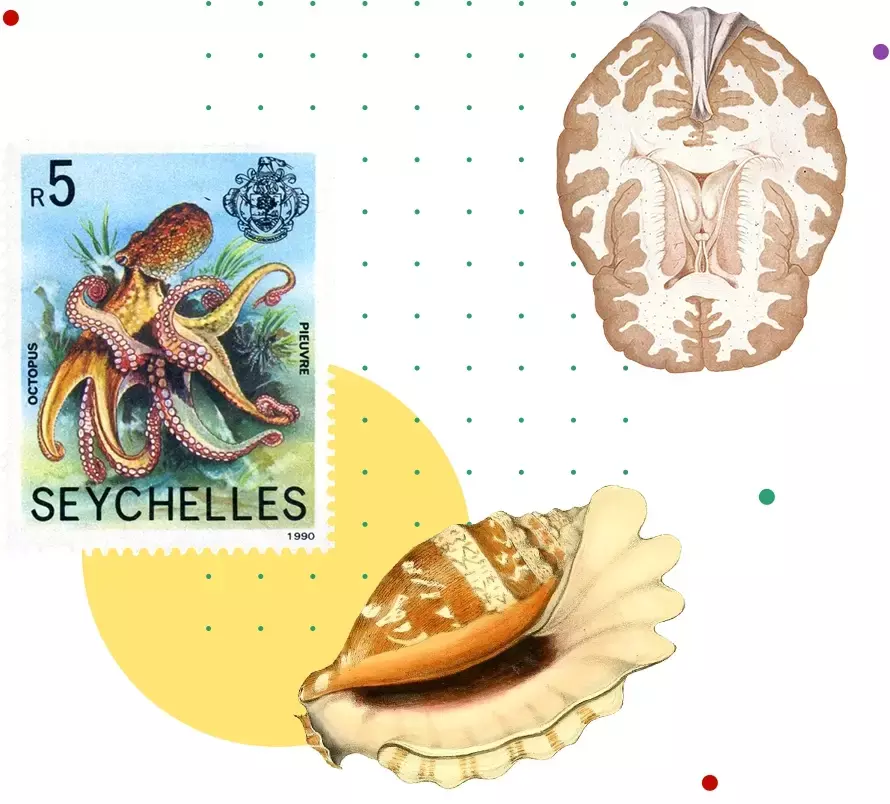
Our commitment to supporting minority and minoritised language wikis continued as we partnered with Wikimedia Norway in July 2021, delivering the Arctic Knot Conference. This focus continues to involve communities far outside the UK, bringing collaboration, information and shared experiences to inspire and inform where language is threatened, whether through historical or current systems of learning.
